The Enduring Appeal Of Racing Games: A Look At The Evolution And Impact Of Automotive Entertainment
The Enduring Appeal of Racing Games: A Look at the Evolution and Impact of Automotive Entertainment
Related Articles: The Enduring Appeal of Racing Games: A Look at the Evolution and Impact of Automotive Entertainment
Introduction
In this auspicious occasion, we are delighted to delve into the intriguing topic related to The Enduring Appeal of Racing Games: A Look at the Evolution and Impact of Automotive Entertainment. Let’s weave interesting information and offer fresh perspectives to the readers.
Table of Content
The Enduring Appeal of Racing Games: A Look at the Evolution and Impact of Automotive Entertainment

The allure of speed, the thrill of competition, and the mastery of control – these are the fundamental elements that have captivated gamers for decades, driving the enduring popularity of racing games. From the rudimentary pixelated tracks of the 1970s to the hyper-realistic simulations of today, racing games have evolved alongside technological advancements, offering a dynamic and immersive experience that transcends the boundaries of the physical world. This article explores the multifaceted world of racing games, examining their history, evolution, impact, and the reasons for their enduring appeal.
A Brief History of Racing Games:
The origins of racing games can be traced back to the early days of computing, with titles like "Gran Trak 10" (1974) and "Night Driver" (1976) laying the groundwork for the genre. These early games, often characterized by simplistic graphics and rudimentary gameplay, introduced the core elements of racing: navigating a track, avoiding obstacles, and achieving the fastest time.
The 1980s saw the emergence of more sophisticated racing games, such as "Pole Position" (1982) and "Out Run" (1986). These titles introduced elements like detailed graphics, diverse tracks, and the concept of arcade-style racing, prioritizing fast-paced action over meticulous simulation. The 1990s ushered in a new era of realism with games like "Need for Speed" (1994) and "Gran Turismo" (1997), which leveraged the power of 3D graphics and physics engines to create immersive and visually stunning racing experiences.
Evolution and Innovation:
The evolution of racing games has been driven by constant innovation, incorporating new technologies and gameplay mechanics. The introduction of online multiplayer modes transformed the genre, allowing players to compete against each other in real-time from around the world. This fostered a competitive spirit and fostered the growth of esports in racing games.
Further advancements in graphics, physics, and artificial intelligence (AI) have led to increasingly realistic and engaging experiences. Games like "Forza Horizon 5" and "Gran Turismo 7" offer photorealistic graphics, complex vehicle physics, and AI-powered opponents that provide a challenging and rewarding experience.
The Impact of Racing Games:
Racing games have had a profound impact on gaming culture, influencing the development of other genres and shaping the landscape of esports. They have also played a significant role in popularizing automotive culture, fostering an appreciation for cars and driving among a wider audience.
Moreover, racing games have proven to be valuable tools for education and training. Simulators used by racing teams and drivers provide a safe and controlled environment for testing strategies, honing skills, and developing new techniques. This has led to advancements in driving safety and performance, contributing to the evolution of motorsport.
The Enduring Appeal:
The enduring popularity of racing games can be attributed to several factors:
- The Thrill of Speed: Racing games offer a vicarious experience of high-speed driving, allowing players to push the limits of their virtual vehicles without the risks associated with real-world driving.
- Competition and Mastery: The competitive nature of racing games provides a sense of accomplishment and satisfaction as players strive to improve their skills and outmaneuver their opponents.
- Immersive Gameplay: Modern racing games offer incredibly immersive experiences, with detailed graphics, realistic physics, and dynamic environments that create a sense of presence and engagement.
- Variety and Customization: Racing games offer a wide range of vehicles, tracks, and gameplay styles, catering to different preferences and skill levels. Players can customize their cars, choose their racing styles, and participate in diverse game modes, ensuring variety and replayability.
FAQs:
Q: What are some of the most popular racing games?
A: Some of the most popular racing games include "Forza Horizon 5," "Gran Turismo 7," "Need for Speed," "Project CARS," "Dirt Rally," and "F1." These games offer a diverse range of experiences, from arcade-style racing to realistic simulations.
Q: Are racing games suitable for all ages?
A: The suitability of racing games for different age groups depends on the specific game and its content. Some games are designed for younger audiences, while others are geared towards mature gamers. It is important to consider the age rating and content of a game before allowing children to play it.
Q: Can racing games improve driving skills?
A: While racing games do not directly translate to real-world driving skills, they can help develop spatial awareness, hand-eye coordination, and decision-making abilities, which can be beneficial in a driving context.
Q: What are some tips for getting started with racing games?
A:
- Start with a Beginner-Friendly Game: Games like "Forza Horizon 5" or "Need for Speed" offer accessible gameplay and a wide range of customization options.
- Practice Regularly: Consistent practice is key to improving your skills and mastering the intricacies of racing games.
- Experiment with Different Settings: Adjust the difficulty level, driving aids, and camera angles to find what works best for you.
- Watch Gameplay Videos and Tutorials: Learning from experienced players can provide valuable insights and strategies.
Conclusion:
Racing games have come a long way since their humble beginnings, evolving from simple arcade experiences to immersive simulations that blur the lines between reality and fantasy. Their enduring appeal lies in their ability to deliver a thrilling and engaging experience that caters to a wide range of players. From the adrenaline rush of high-speed races to the satisfaction of mastering challenging tracks, racing games continue to captivate and entertain, offering a unique blend of entertainment, competition, and technological innovation. As technology continues to advance, the future of racing games promises even more immersive and realistic experiences, further solidifying their place as a cornerstone of the gaming world.

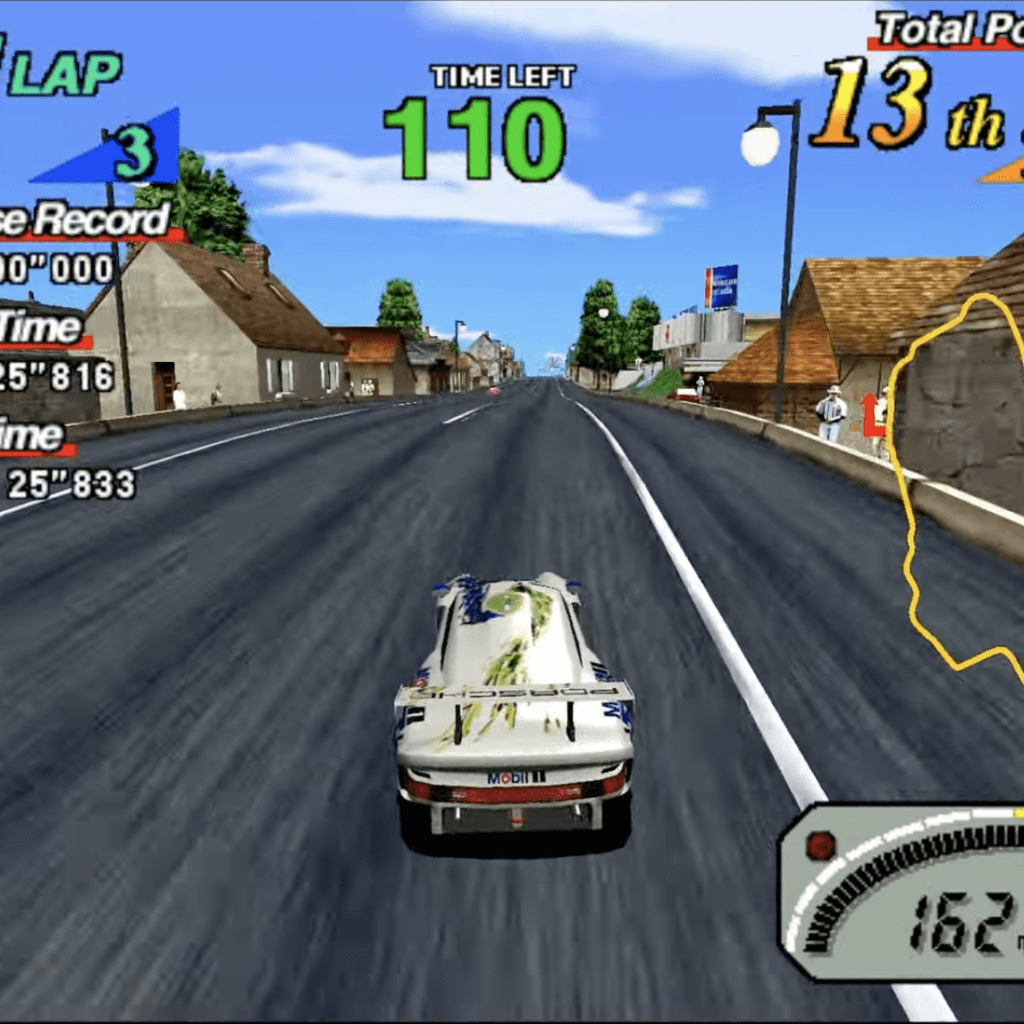
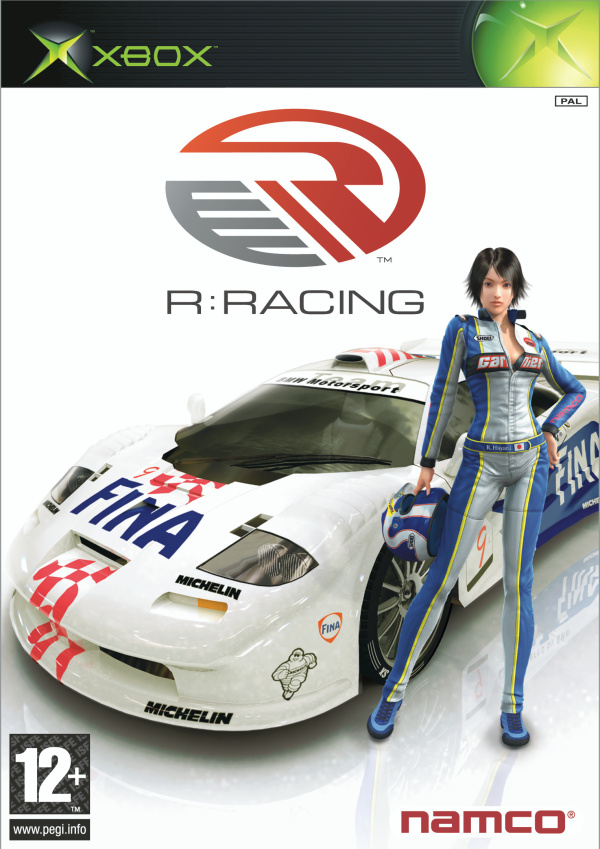
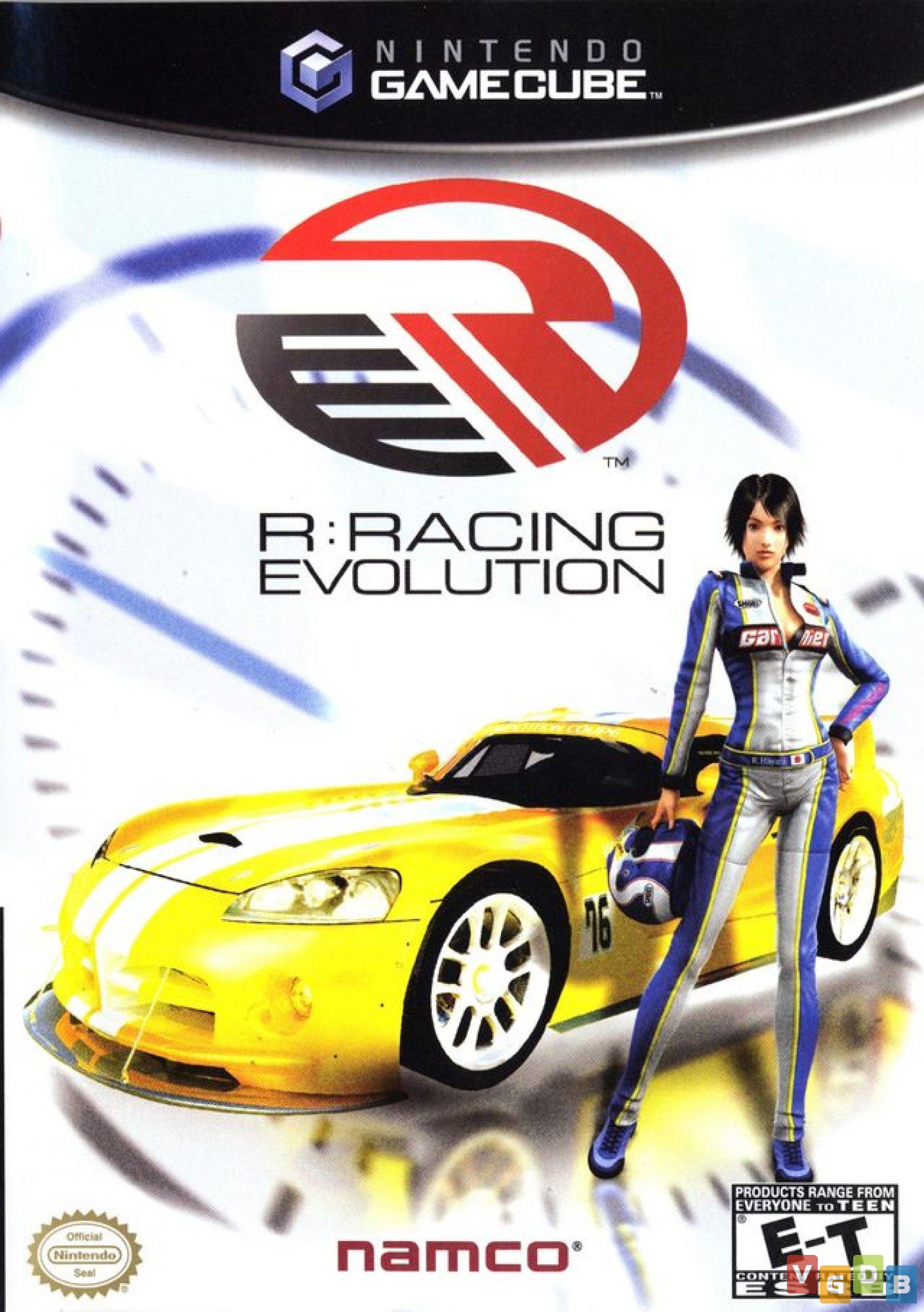
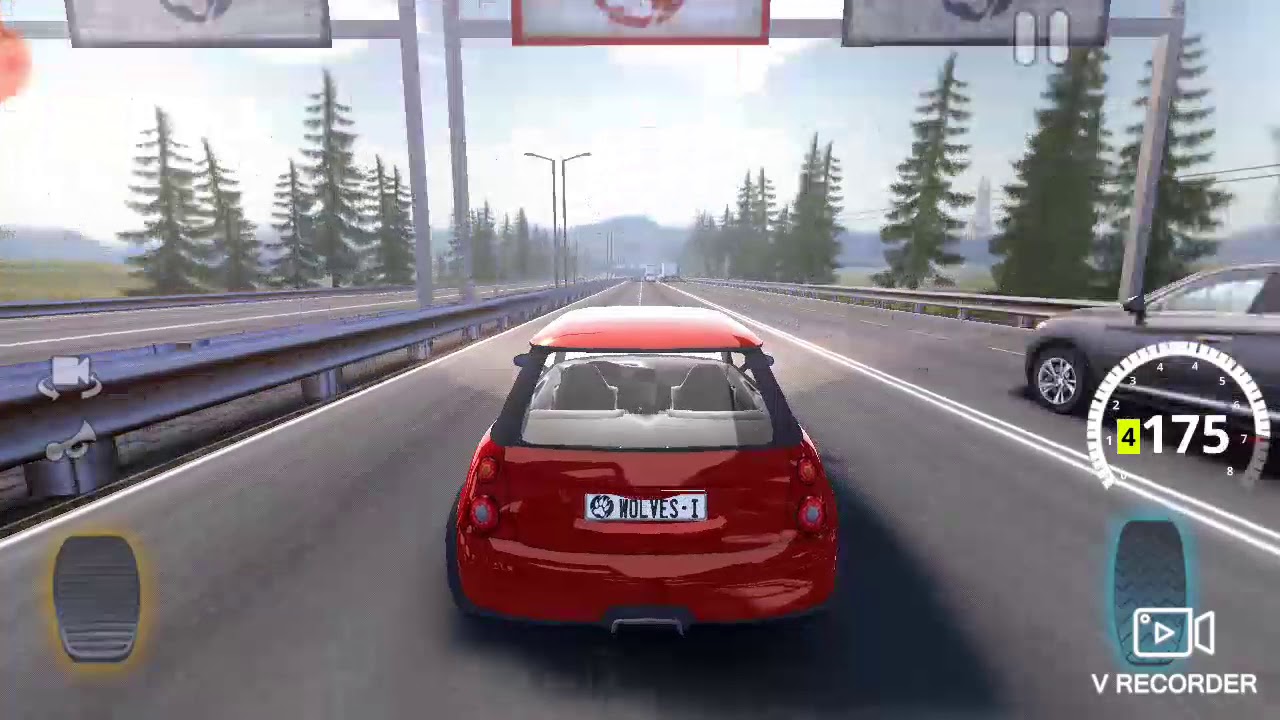

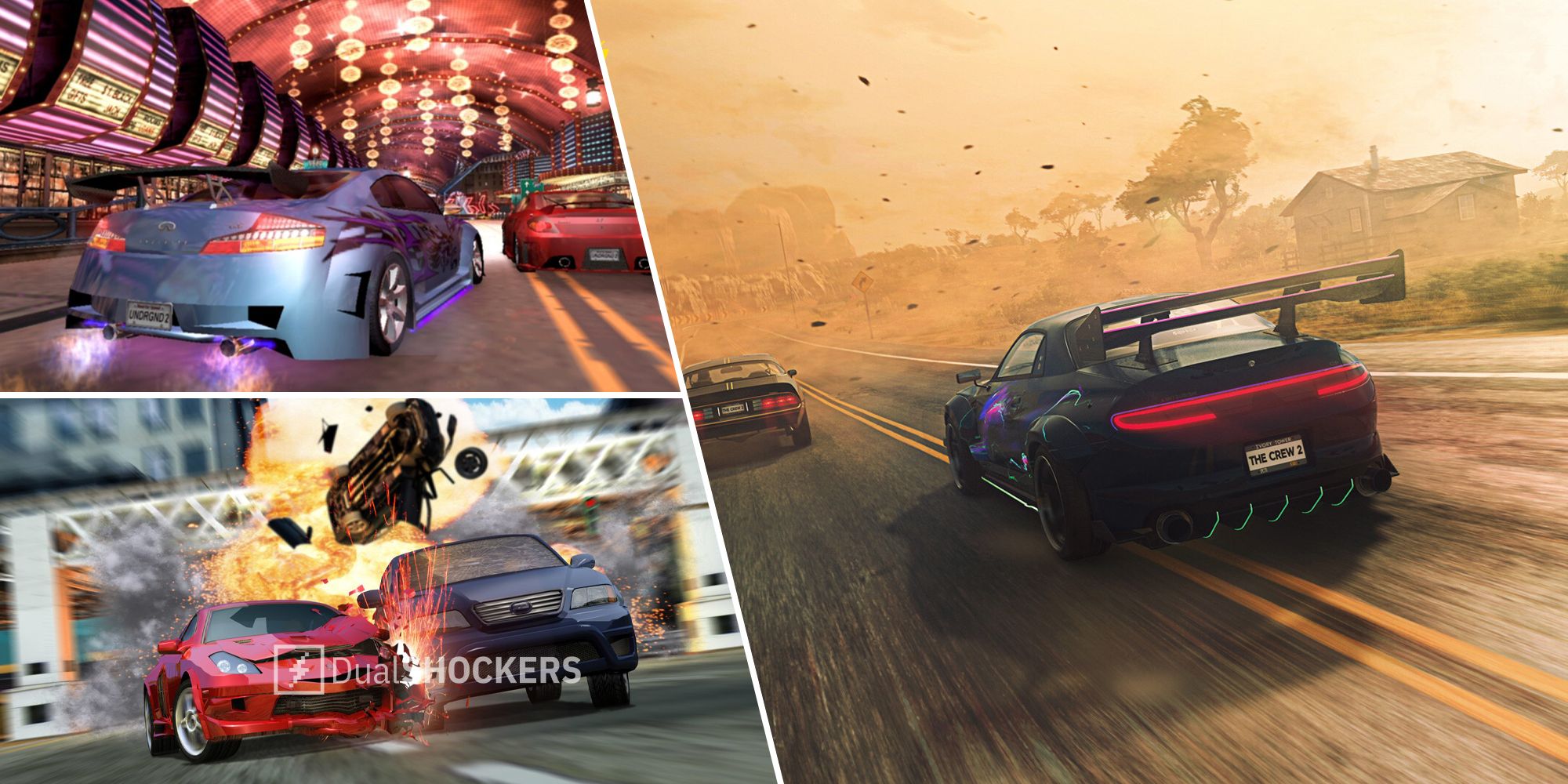
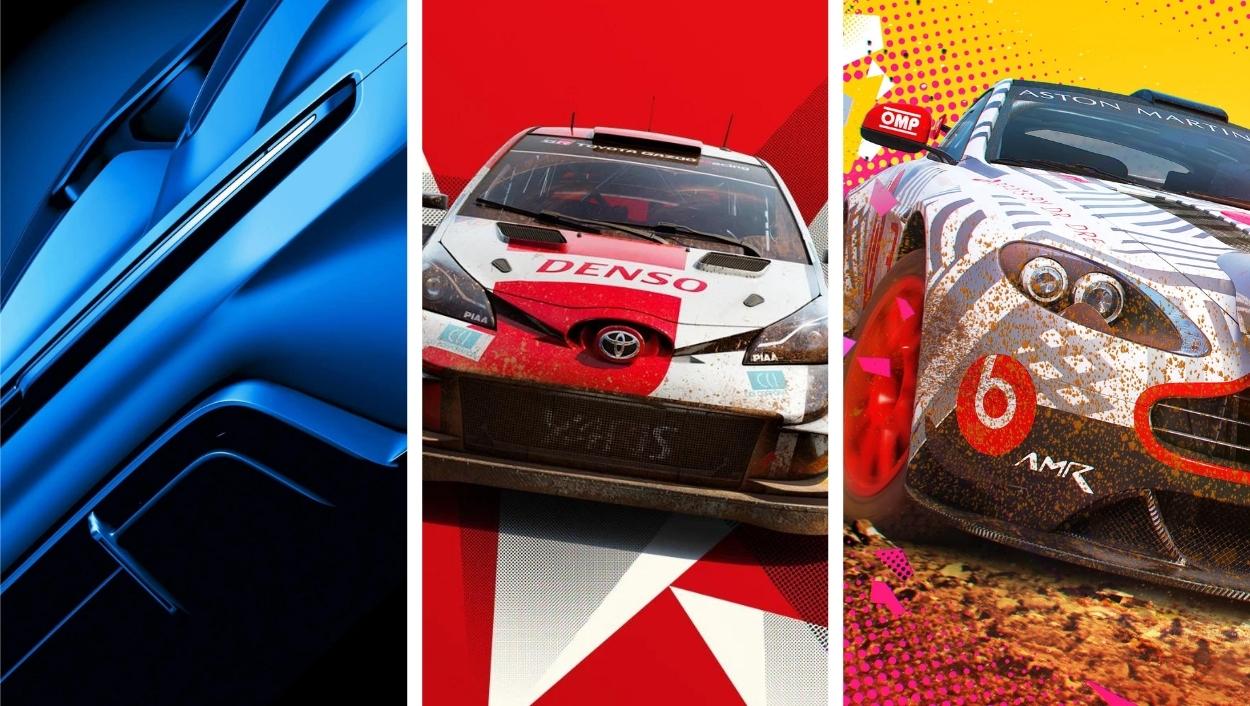
Closure
Thus, we hope this article has provided valuable insights into The Enduring Appeal of Racing Games: A Look at the Evolution and Impact of Automotive Entertainment. We hope you find this article informative and beneficial. See you in our next article!